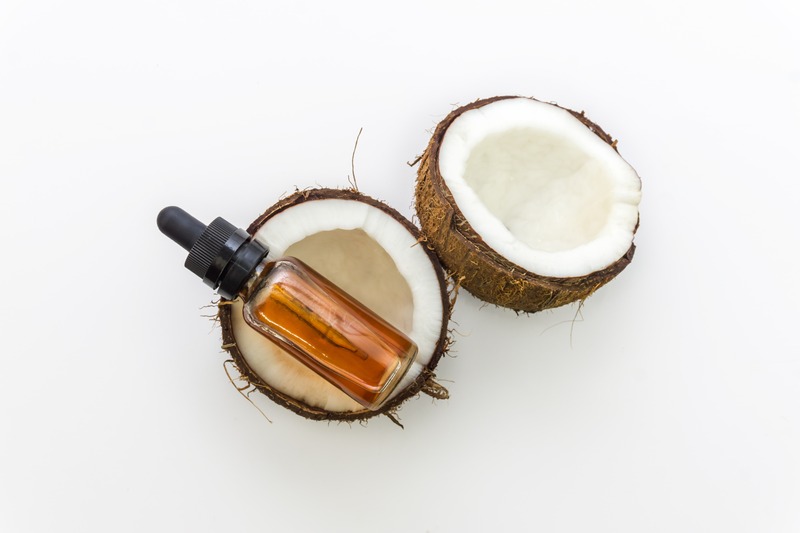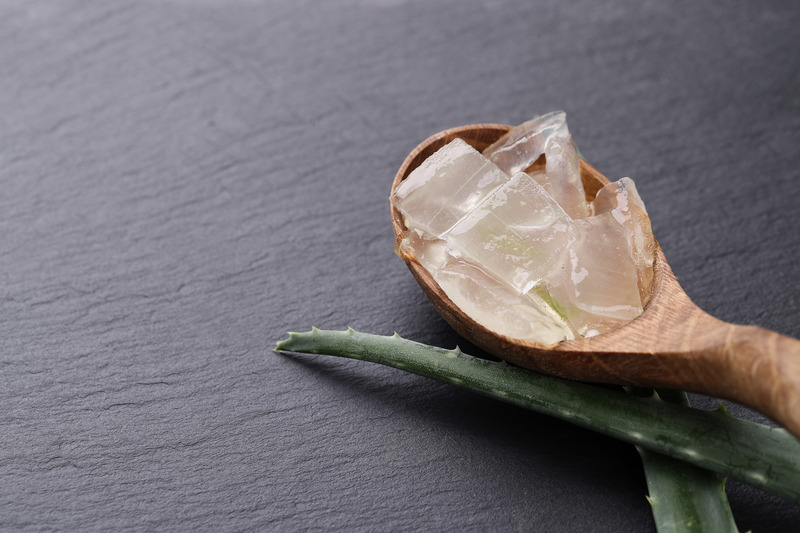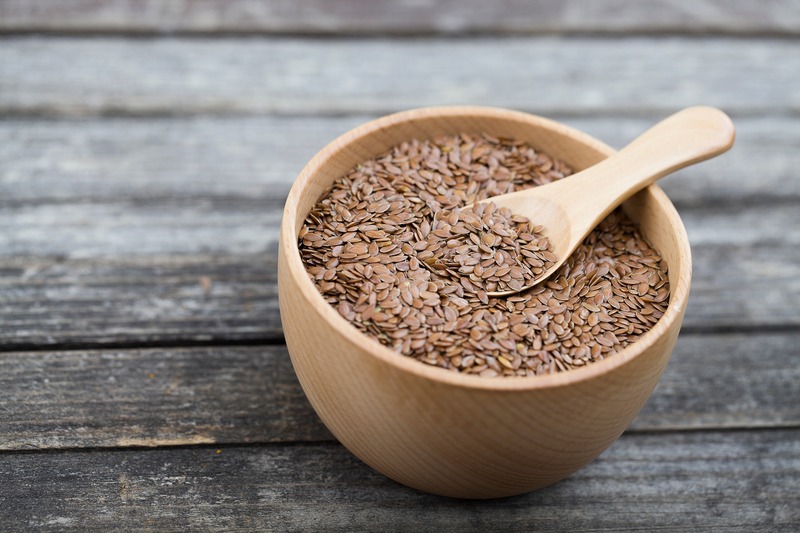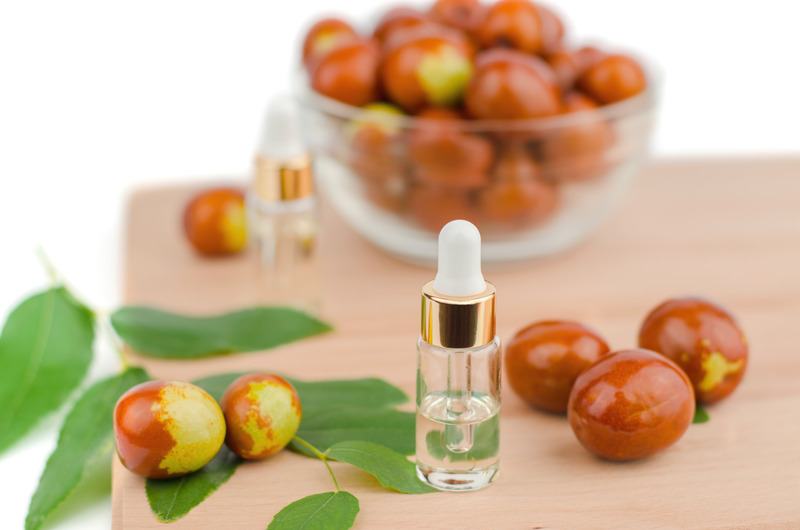
A dry scalp could be due to various reasons. Anything, including washing hair too frequently, a harsh ingredient in one of the hair products used, or even weather changes, can be the reason behind a dry scalp.
Let’s learn more about scalp dryness and learn home remedies for dry scalp that can help deal with it.
What Is a Dry Scalp?
As mentioned earlier, a dry scalp is when the skin on your head has lost a lot of water, leading to dryness, itching, and flaking. A person with a dry scalp may have soreness, itching, flaking, dandruff, or even hair loss in some cases.
The symptoms could vary, and one might not experience all the symptoms. Natural remedies can deal with dry scalp or scalp dryness in most cases.
Causes of Dry Scalp
Scalp dryness could be due to several reasons. The trigger factors are many, but in most cases, a dry scalp is triggered due to minor factors.
Let’s learn more about possible causative factors for a dry scalp.
-
Environmental factors like changes in weather, dry or humid weather, etc.
-
Washing hair frequently
-
Harsh hair care or styling products
-
Allergic reaction to an ingredient in hair products used
-
Scalp build-up
-
Stress
-
Overactive or underactive sebum production
-
Underlying scalp conditions like dandruff, psoriasis, seborrheic dermatitis
-
Sometimes, even stress can cause the scalp to act out
These are just a few common causes of a dry scalp. Though there are many possible causes of dry scalp, it can be treated using home remedies in most cases.
Symptoms of Dry Scalp
So, now we know what’s a dry scalp and what are the possible causes, but how to identify it? What exactly are the symptoms of a dry scalp?
-
Dryness
-
Itching
-
Irritation
-
Soreness
-
Flaking
-
Dandruff
-
Hair Loss
One need not experience all these symptoms; each individual is different. Some could experience more than one symptom, some all, it can vary, and one should not confuse scalp dryness with other scalp conditions that have similar symptoms.
10 At-Home Remedies for Dry Scalp
A natural remedy can help treat a dry scalp when used at the earliest. Let’s take a look at a few natural remedy options, shall we?
1. Coconut Oil

Rich in nutrients and anti-inflammatory properties, coconut oil is a great skin and hair care ingredient. Did you know it’s a great moisturizer, and the antifungal and antibacterial properties also help combat scalp conditions that can trigger dryness?
You can use coconut oil as is or combine it with other moisturizing and soothing ingredients for welcome relief. You can add tea tree oil when using coconut oil to massage your scalp.
2. Apple Cider Vinegar

Apple cider vinegar helps restore the scalp’s natural pH levels and also combats dandruff. While dandruff can be due to dryness, dandruff can also be the causative factor.
Using Apple cider vinegar as a rinse can help combat flaking and dandruff.
3. Aloe Vera

Rich in anti-inflammatory properties, aloe vera can soothe an itchy and irritated scalp. Aloe vera is also a great hydration and moisturization aid, helping to easily get rid of a dry scalp.
It can be used alone or combined with other ingredients for dealing with dryness.
4. Tea Tree Oil

The antifungal, antibiotic, and antiseptic properties of tea tree oil are just what you need to combat a dry scalp, especially if it’s due to underlying reasons like dandruff or a scalp condition. You can add tea tree oil to your oil or shampoo to incorporate it into your hair care routine.
5. Flaxseeds

Rich in fatty acids and antioxidants, flaxseeds can help eliminate toxins and dead skin cells accumulated in your scalp. You can use it to soothe and moisturize your scalp for best results. You can prepare flaxseed gel at home or even use flaxseed oil.
6. Jojoba Oil

A great moisturizer, Jojoba Oil, can help treat a dry scalp effectively. Also, the anti-inflammatory properties of Jojoba oil helps deal with scalp issues like dandruff and soothe an irritated scalp.
7. Yogurt

A nourishing and soothing ingredient, it’s also a great moisturizer and can help combat a dry scalp. You can combine it with egg or other ingredients to prepare a hydrating and nourishing mask for thin and thick hair.
8. Sugar or Salt

Humectants, by nature, can make an excellent scalp scrub ingredient to get rid of flaking by getting rid of dead skin cells and scalp accumulation. You can make a scrub with one part oil (coconut oil or any carrier oil of your choice) and one part sugar or salt and use it as a scrub.
After a hair wash, you can finish off with a soothing rice water or rose water rinse. Don’t use a scrub more than once in fifteen days, as too much scrubbing can cause scalp abrasion.
9. Witch Hazel

Don’t let the term astringent fool you. Astringents regulate sebum levels and, as such, can help combat dryness. The anti-inflammatory effects of Witch Hazel soothe the scalp and keep scalp issues at bay.
10. Avocado

What better way to soothe a dry scalp than with avocados? You can apply it as a mask with or without bananas to soothe and moisturize your dry or irritated scalp. You can use it once or twice a week for the best results.
These are not all; many other options include baking soda, salicylic acid, olive oil, etc. If you have sensitive skin, choose soothing ingredients; if you want to treat dandruff, choose your remedies accordingly. The key is identifying possible causative factors and addressing the root of the problem.
Possible Risks & Side Effects
Most home remedies are natural and safe to use. However, you could be allergic to any of the ingredients recommended.
So, always do a patch test and stay away from the ingredients if you notice any allergic reactions. Don’t use any ingredients you’re allergic to.
Stop immediately if you have any adverse reaction during a patch test or if your symptoms worsen with a remedy.
Also, we’re using strong ingredients for some of our recipes. So, please follow directions. For example, Do not use essential oils without diluting them first with a carrier oil. They’re natural but very concentrated and should be diluted before use in most cases.
When to Seek Professional Help?
While using home remedies is a good thing, it is important to understand that if a dry scalp isn’t responding to these remedies within a few days, or is persisting or increasing when trying home remedies, or if the dryness is due to an underlying condition, it’s important to see a professional and seek help.
Conclusion
As we always say, natural remedies are effective and harmless to the environment and, most importantly, our health. Not only are they affordable, they’re mostly accessible since ingredients are often found in our pantry.
So, try these natural remedies and see how they work out for you. However, if you don’t want to go the DIY route or don’t have time, we’ve got you covered with a range of premium vegan hair care cosmetics from Vitamins Revive.
Do check out their online store to learn more about their products and choose what suits your needs and requirements better. Feel free to reach out to us for any questions, feedback, or requests. Also, don’t forget to let us know how you like the recipes. We love hearing from you!
FAQs
Can I get rid of a dry scalp using home remedies?
Yes, you can, in most cases. However, the key is consistency.
Do ingredients in hair products cause dryness or irritation?
Some harsh or harmful ingredients can manifest as a dry scalp or cause itching and irritation. Eliminating chemical-laden products and using a moisturizer can help.








